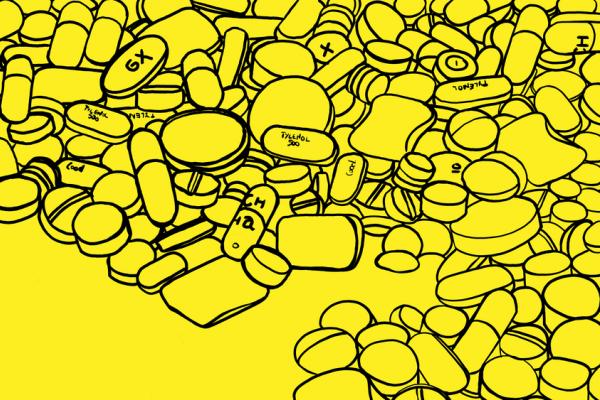Jul 11, 2019
In the United States, we count drug overdoses per 100,000, not per million. The comparable numbers are 6 per million in Portugal, 21.3 per million for the European Union, and 217 per million in the United States.
Read the Full Article

Already a subscriber? Login
